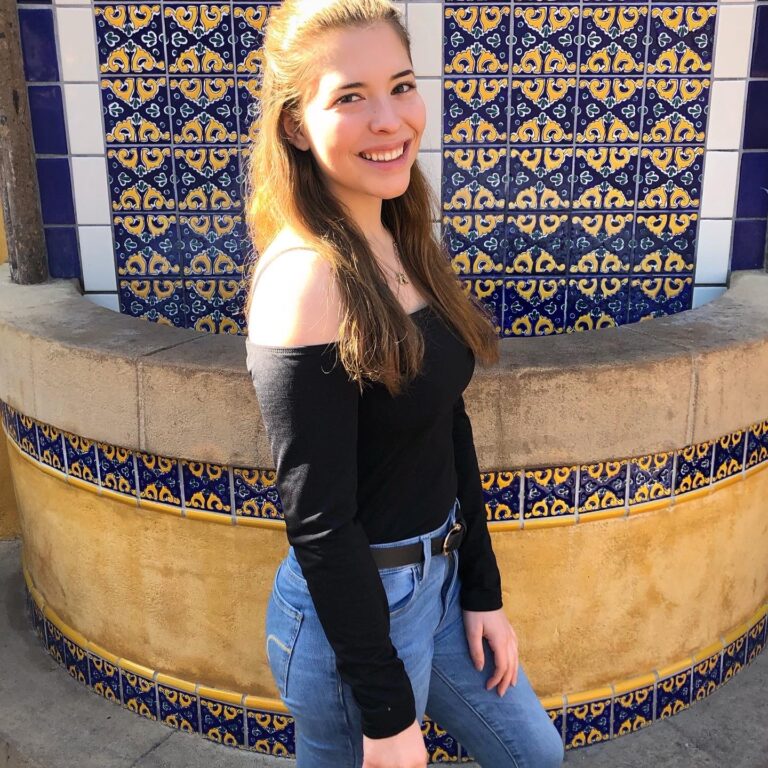Design forward is a faculty program with the goal of helping both students and faculty get the most out of their teaching and education. Through meaningful collaboration and flexible learning experiences, Design Forward aims to improve the care of students, staff, and faculty within the education system. So, why am I here?
It goes without saying that there are many challenges facing educators and students. From changes to learning modalities and technology, to meeting the expected demand of higher education and institutional structures within teaching and learning, these issues affect everyone. To better adapt to these times, it is important to have insight into, not just the qualm of educators, but of students too– as these two groups are intertwined. I was brought onto the Design Forward projects to speak about the experience of being a student at PSU and lend a student perspective on the topics being discussed.

I have greatly enjoyed my time working on the Design Forward Introduction to Pedagogy module. I honestly believe that it helped to cure some of my student burnout. As a student, it is not uncommon to feel apathetic towards education. I attribute this largely to the lack of control many students have over their education. In fact, it is not uncommon to feel invisible within the education system. At the very least, I felt invisible. My opinions, beliefs, passions, and needs often went unsaid because there was neither the space nor desire to hear them. As a result, I watched myself and my peers grow disengaged in the curriculum. Interesting and current topics that were seen as “too political” or could risk conflict within the classroom, were and still are largely avoided. This is something I found disappointing as I desperately sought to find some understanding amidst the chaos around me. Avoiding these topics teaches students that current events are dangerous and taboo. Through all of this, the “goal” of education has revealed itself in the most glaringly obvious way; students are to be molded into a cog in the machine. There is little room for creativity, passion, opinions, or innovation. This realization is what has given me and so many others such a sour taste when it comes to the topic of education and largely attributed to the indifference of students.
However, it is this very effect that the Design Forward introduction to pedagogy project strives to acknowledge and therefore combat. Through working with and listening to educators on this project, I was able to see the forces behind higher education. I witnessed educators discuss the reasons behind their teaching, their frustration towards the demands of the workforce and how those demands limit their teaching, and how they hope to help students find their own voices. Through this, I was able to draw parallels between the feelings of students and the feelings of professors. In a way, this reinvented my opinions towards the function of education and opened my eyes to a reimagined model of what education could be.
It is imperative to acknowledge that teaching is a passion-fueled endeavor. Many professors want to teach because they want to nurture their students, foster passion-based learning, hold space for difficult conversations, and help their students understand and engage in civic discourse within the classroom. Educators know that creating engaged citizens is creating students unafraid to question the world and systems around them. Likewise, it is equally important to understand that effective learning is passion-based and something many of my peers desperately crave. Students want to be passionate about their education, to be engaged and interested in the curriculum and to understand what is happening in the world around them. However, I feel that many don’t think this is possible because of the demands of the workforce. I strongly believe that this issue is not past the point of fixing. Considering that students and educators are on the same page, perhaps creating the space for this conversation is step one to building a more effective system for learning. It should be the goal of education to recognize and treat education as what it really is: organic, ever-changing, and empowering.


